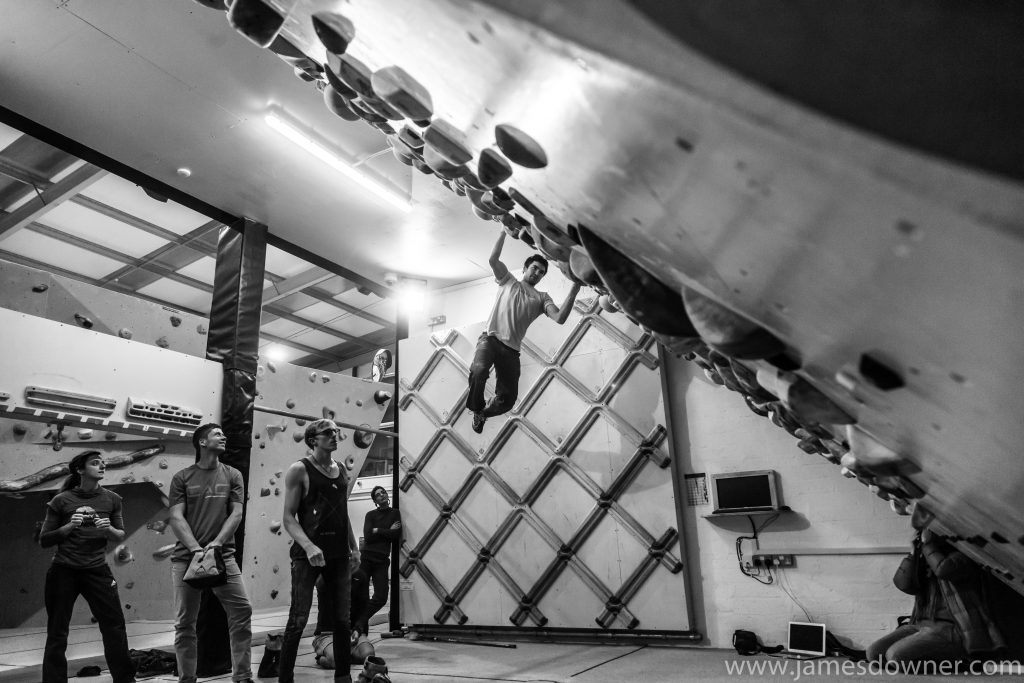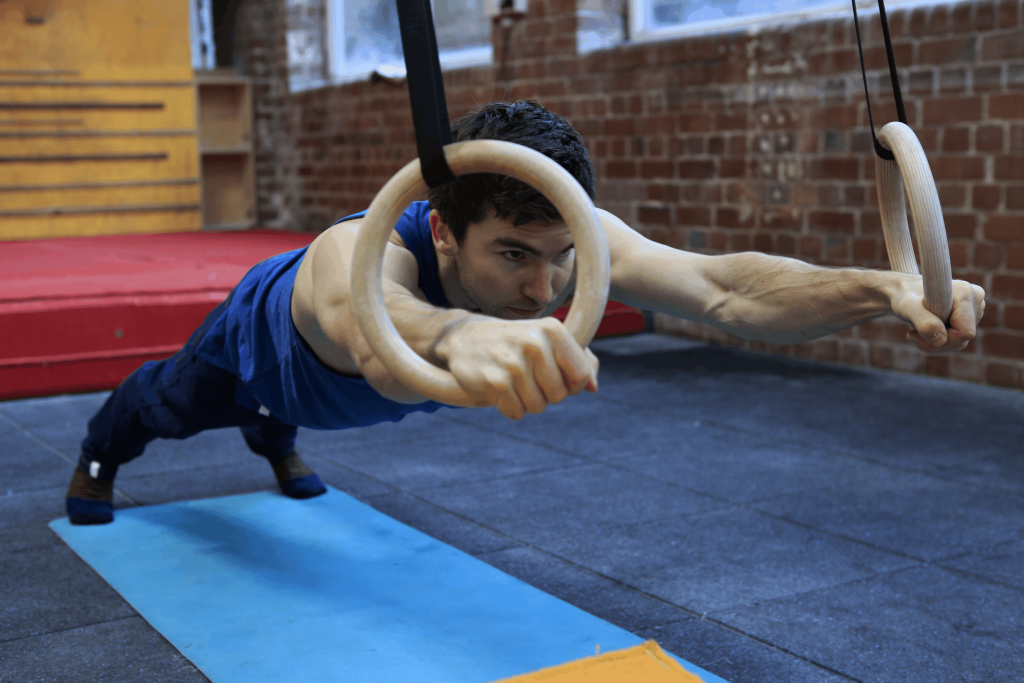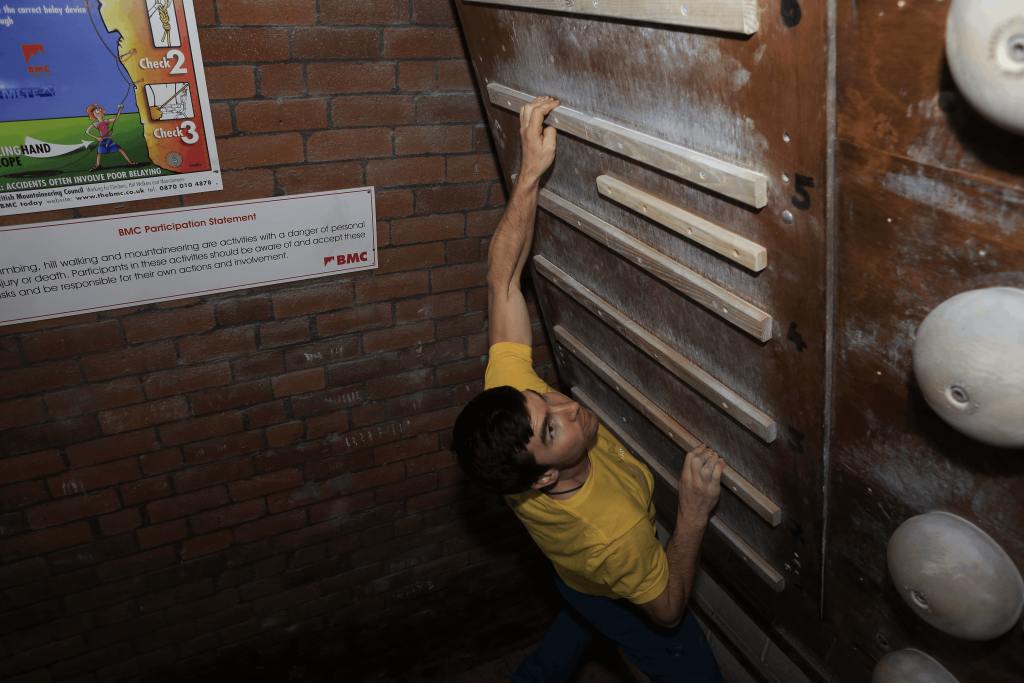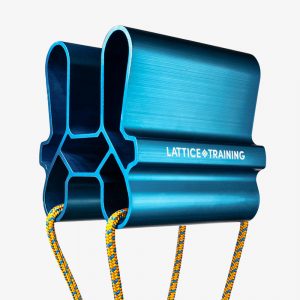Ollie’s Top 5 Lessons Learned About Training
In this blog series, we’ve asked each of our six coaches about the top five lessons they have learned about training. In this week’s blog, Lattice founder and coach, Ollie Torr, imparts some of his wisdom from 10 years of experience in coaching. Ollie has coached a whole range of clients, from the GB National Youth Team to climbers hoping to achieve their first 7a. His extensive experience, along with qualifications in Sports Science and Personal Training have made him very aware of the mistakes climbers make, and what’s important to maximise your climbing potential. Read on to find out more from Ollie.
“It is important to remember that the further apart the demands of a discipline are, the harder it is to improve at both.”

1. You can have it all, but not all at once
Climbers love being multi-disciplinary athletes. It’s one of the best things about this sport; you can become better in many areas of climbing at once. But it is important to remember that the further apart the demands of a discipline are, the harder it is to improve at both.
2. React to signs of injury or over-training immediately
I learnt this the hard way. It’s very easy to think that you can put off addressing the issues of mild injuries or feelings of constant fatigue. Doing this will not result in fitting more training in, but it will add to the debt of rest and recovery which you need to pay back later.

3. Work out your pressure points
Many people hate to let others down. If you are like this, set up your training schedule in order to be accountable to someone else if you don’t get it done. Vice versa, if you pressure yourself to train hard all the time, make your schedule stricter in order to avoid over-training.
“Set up your training schedule in order to be accountable to someone else if you don’t get it done”
4. Movement first, muscles second
To become stronger, work out what movements you would like to become stronger doing. Then work out the actions of the joints involved and then the muscles acting on these joints. This creates a better understanding of how to make training more specific to your needs rather than following pre-set exercises which are not relevant.

5. Progression does not happen on its own
If you want to improve, you must increase stress on the body or mind. Overloading the body or mind with small and consistent progressions will require you to adapt to meet these new demands. Repeating exercises without changing the stimulus will mean you will become very good at repeating those same exercises at that same standard of performance. Plan progressions in schedule to force the changes you want to see in yourself.
Keep up to date with the Lattice blog for upcoming features from the rest of our coaches. Check out our Training Plans if you’d like to start your own plan with the Lattice team!






